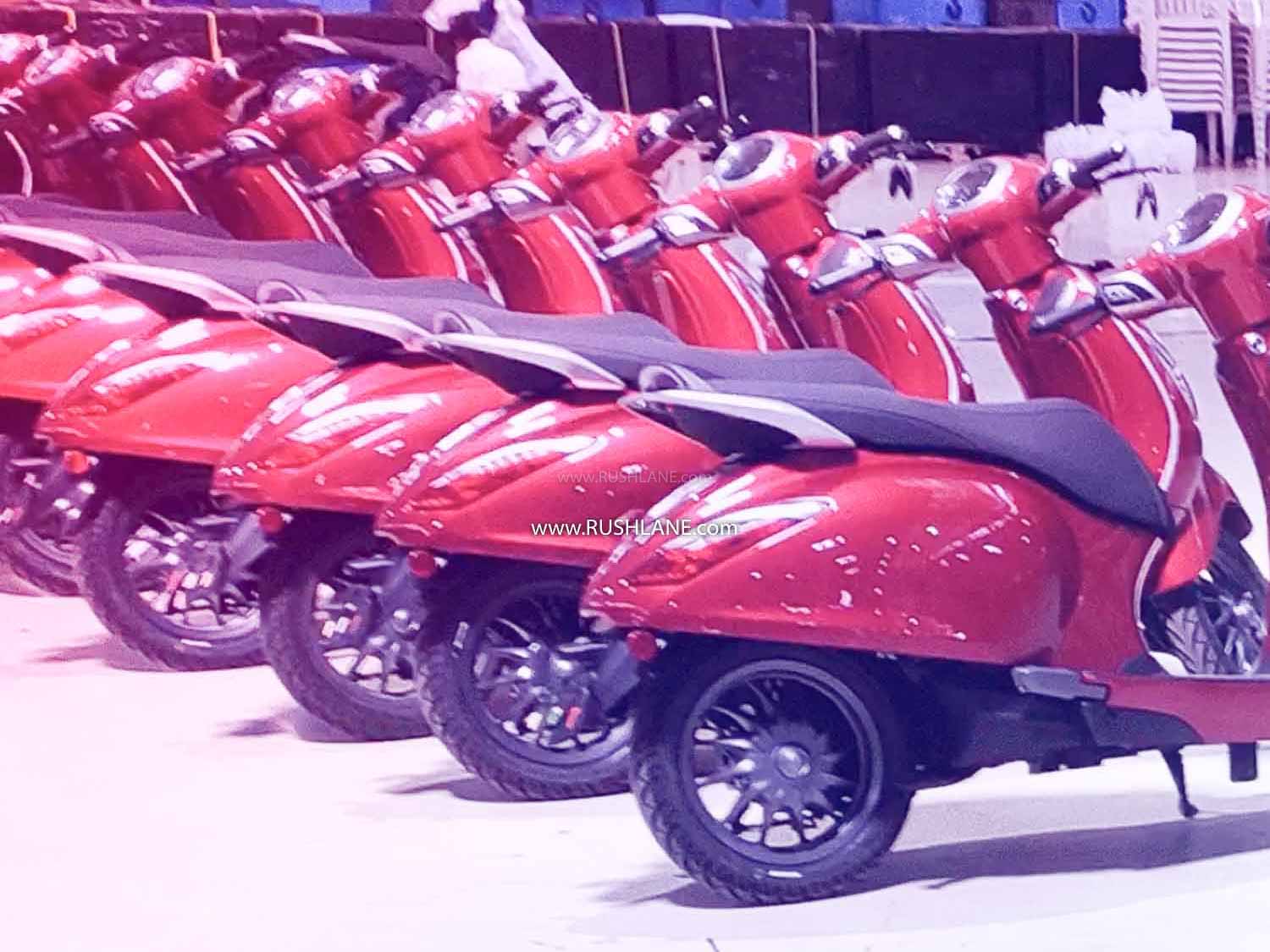Either automaker states that it is not easy to shift from an existing and dependable supply chain in a short span of time
With rising tensions at the border between India and China, alongside problems caused by COVID-19 pandemic (epicentre: Wuhan, China), a mild movement has risen in the country to boycott Chinese products in favour of made-in-India alternatives. The #BoycottChina initiative mostly remains with keyboard warriors. Still, major Indian industries have realised its presence since they are active on social media.
Among leading businesses depending on Chinese components or supply chains, the Indian automotive industry is a prime example. In fact, certain Indian automakers had announced production hurdles at the start of the year when COVID-19 began to peak in China. Zero positive cases were reported at the time in our country.
The coronavirus pandemic has made a major impact on the automotive sector. Sales fell to an all-time low of zero domestic units in April 2020 and several dealerships were on the verge of going out of business completely. In the meantime, online sales platforms were introduced. Automotive facilities in green and orange COVID-19 zones were opened during ‘Lockdown 4.0’ but sales remain on the lower side. Hence, the movement to boycott Chinese goods and services comes at a time when the automotive industry is already not in its best of times. Leading names of the industry, Maruti Suzuki and Bajaj Auto have spoken to CNBC-TV18 regarding the feasibility of such a movement.

RC Bhargava, Chairman of Maruti Suzuki India Limited (MSIL), states that the Indian car manufacturer does not rely on Chinese components directly. Instead, MSIL’s vendors independently depend on Chinese supply chains. He added that it would be extremely difficult, time-consuming and expensive for vendors to find an alternative source. Furthermore, the ultimate cost penalty will hit the end consumer.
The question to ask is why Indian automakers cannot manufacture these components locally, according to Mr Bhargava. Rising tariffs and increased prices for Chinese imports would not benefit the customer either. He commented that #BoycottChina is just an emotional reaction rather than an effective solution.
Rajiv Bajaj, MD of Bajaj Auto, shares that the two-wheeler manufacturer spends roughly Rs 1000 crore on Chinese-made parts. Several two-wheeler brands have a strong relationship with Chinese vendors and it is not practical to let them down. Problems lie within the Indian business model. The issues with land, workforce, logistics, power supply and regulations make it difficult for a manufacturer to operate efficiently in India.

